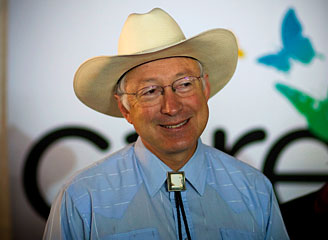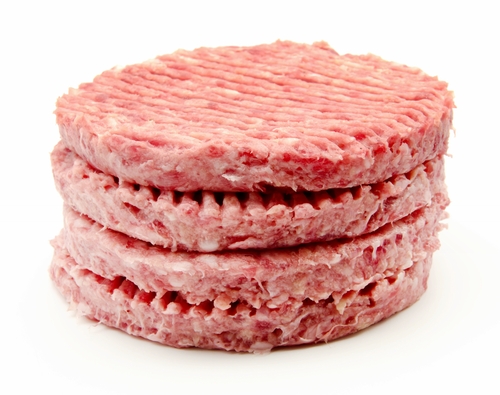French people might enjoy horse meat every now and again, but the British, as a rule, do not. Nor do the Irish. And they certainly do not enjoy the idea that their juicy cow hamburger is actually a juicy horseburger. But when the Food Safety Authority of Ireland tested a bunch of burgers for DNA contents, it found not only traces of pig DNA in a bunch of cowburgers, but burgers that were 29 percent horse meat.
No one’s sure quite how this happened. The pig DNA’s easy to explain: Pork and beef get processed in the same facility, and some pig particles sneak into the beef. But the horse meat? Ireland’s agriculture minister said that at one processor in Northern Ireland, “an imported additive used to make the burger” had horse meat in it. (Sounds a little pink slimy to us.)
Irish people are upset, the Associated Press reports:
“In Ireland, it is not in our culture to eat horse meat and therefore, we do not expect to find it in a burger,” said Alan Reilly, the [food safety] authority’s chief executive.
Plenty of people do eat horse meat, of course. A French Canadian chef in New York almost put it on the menu before the idea was shot down by animal rights people. And as The New York Times has written, if you don’t know to ask, you might not know the difference:
Some people can’t tell the difference between horse and beef. I once overheard an American couple complain in a Paris restaurant that they could not find a decent hamburger in the French capital. When a waiter came by to take their order, he pointed to the “Steak haché (chevaline)” listed on the menu. He did not mention that “chevaline” means horse meat. They ordered it.
Ten minutes later they were all happily munching their horse burgers.
OK, not being able to understand French is a little bit different than eating mislabeled meat. But who knows? Maybe that’s what happened in the food processing plant, as well. We feel a little bad if right now there’s some about-to-be fired person protesting to their boss — “But the label said steak!”




